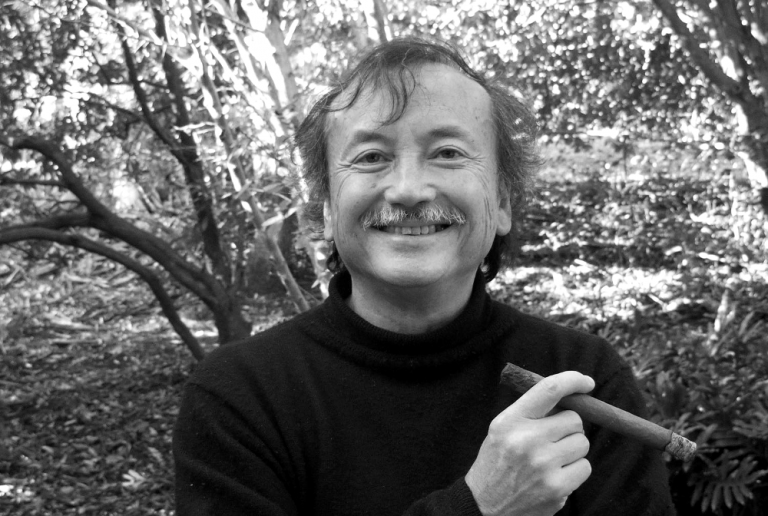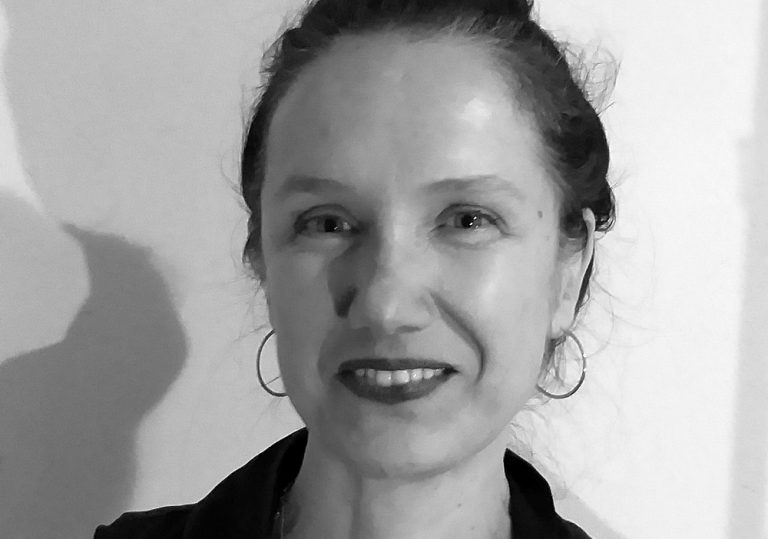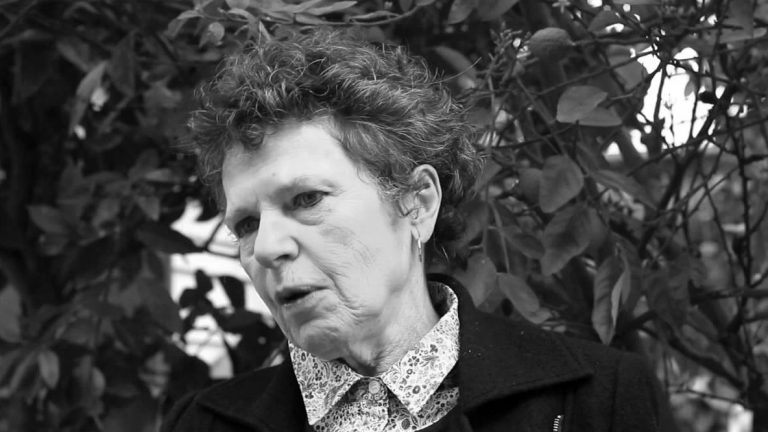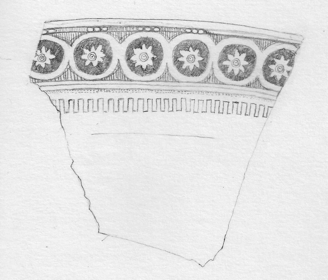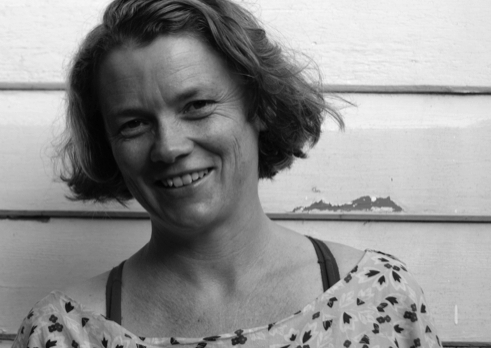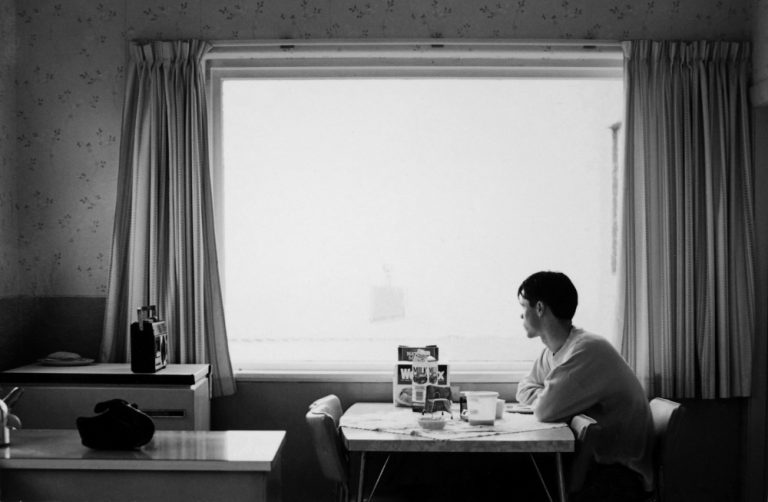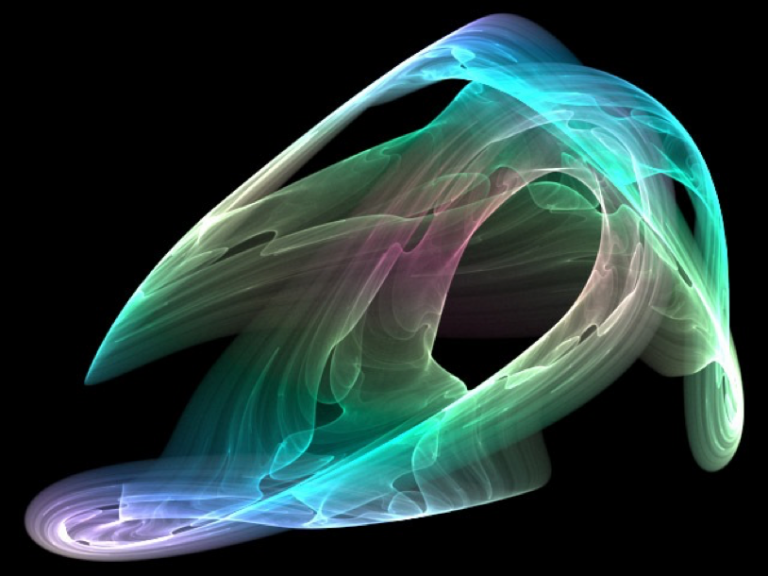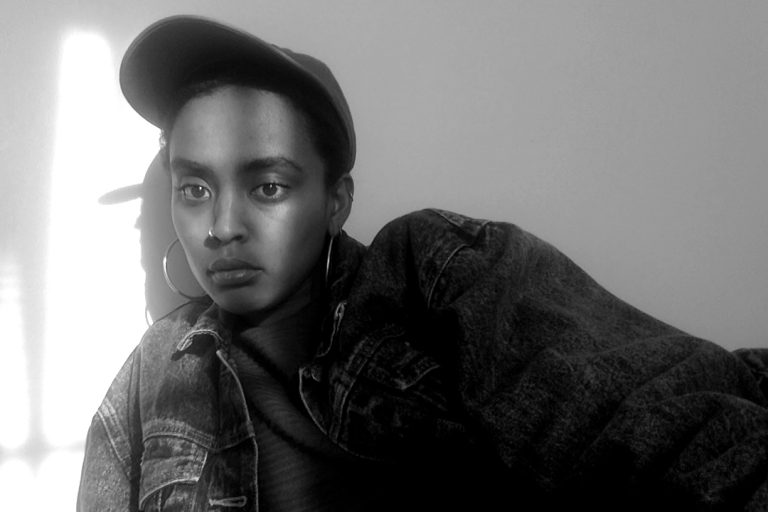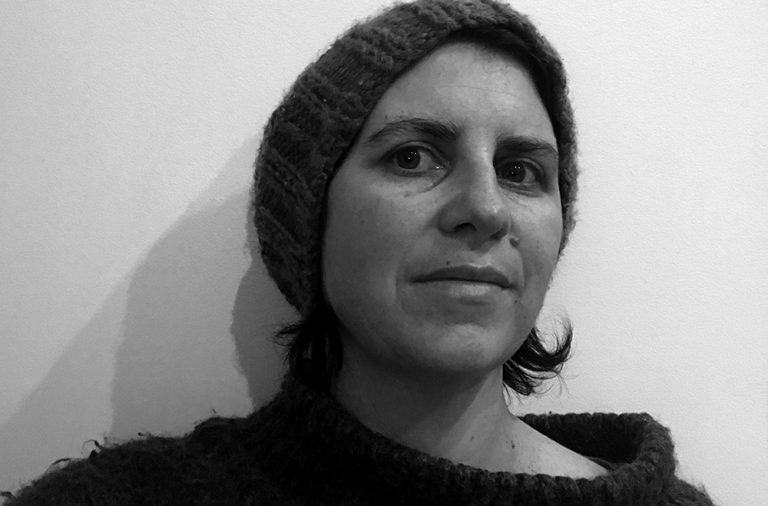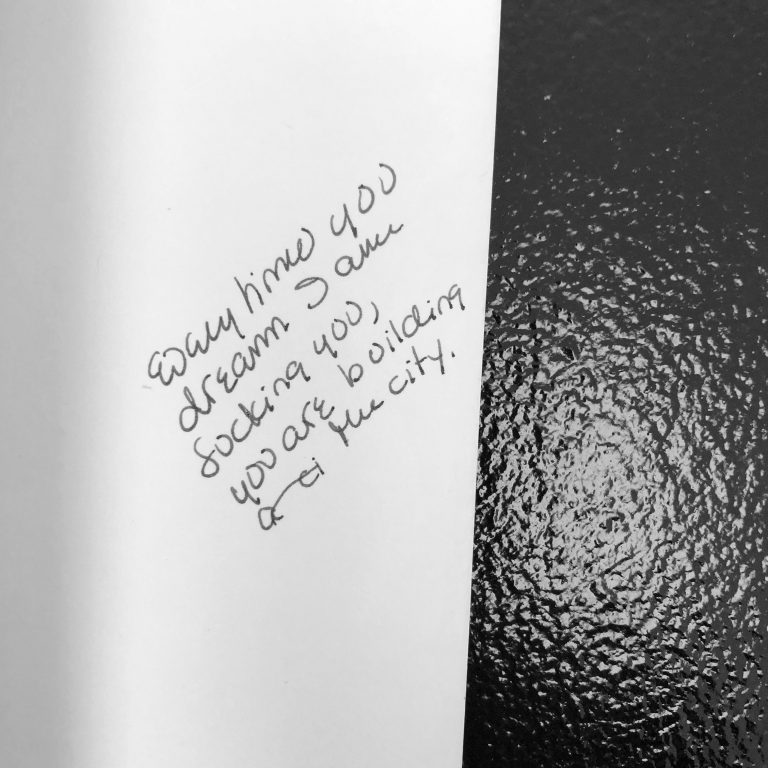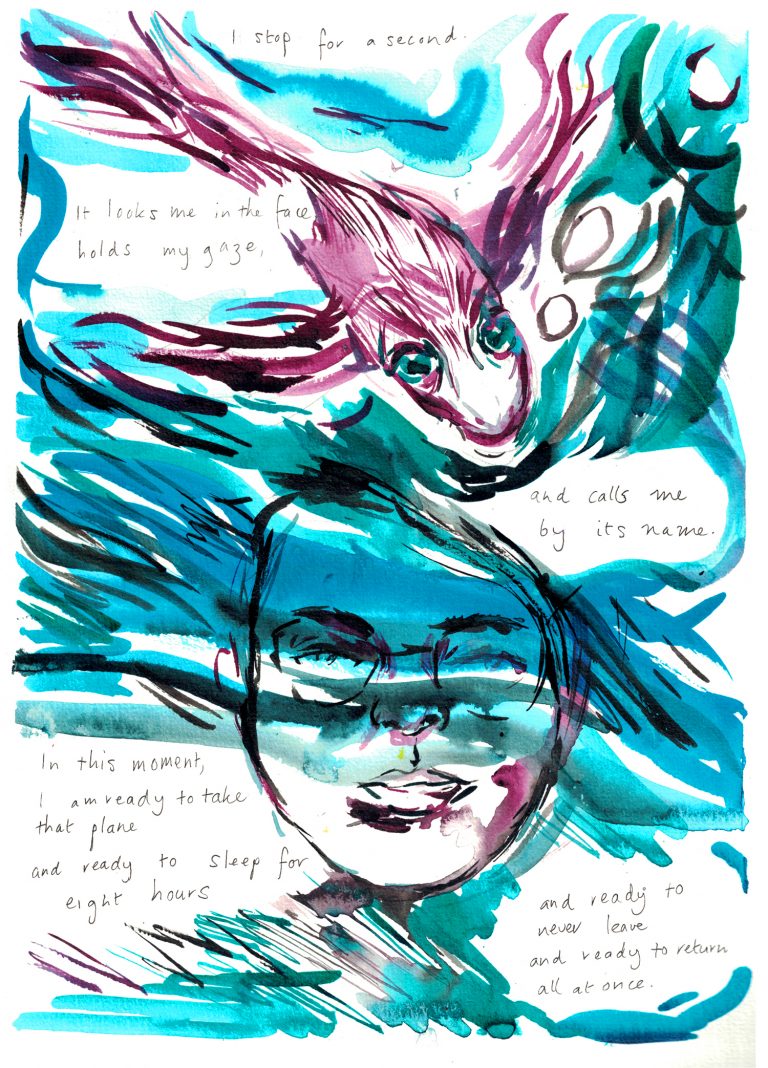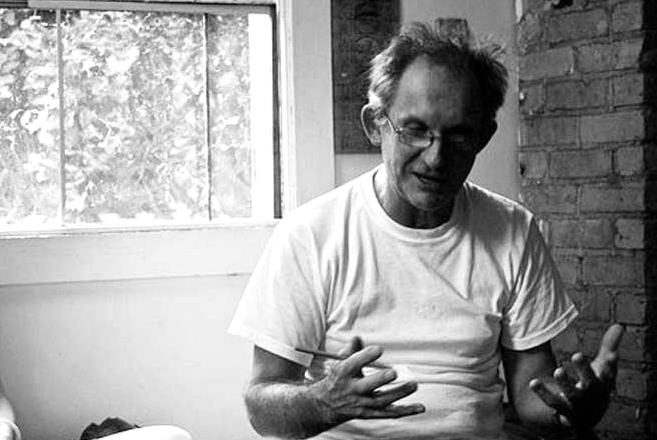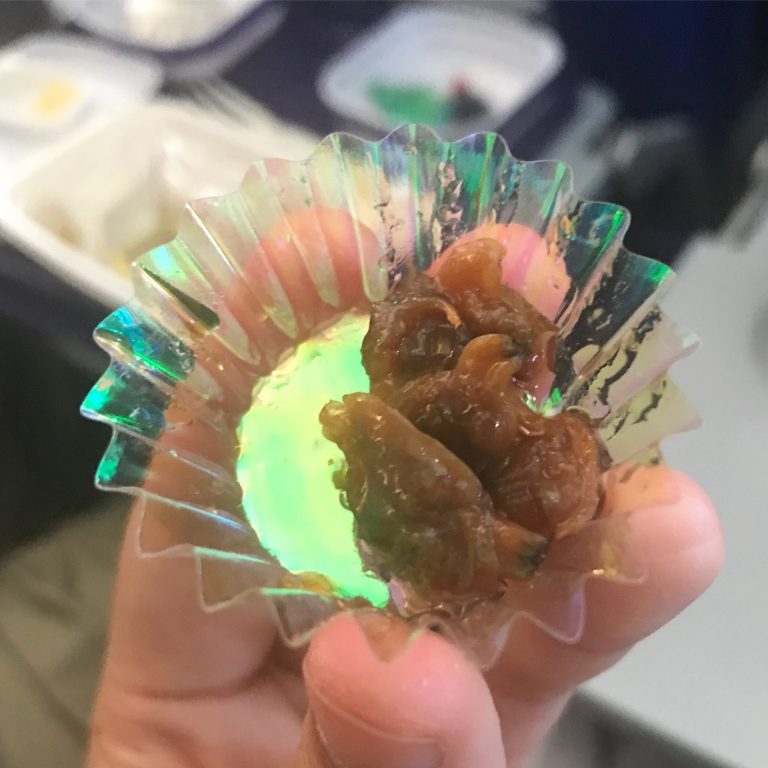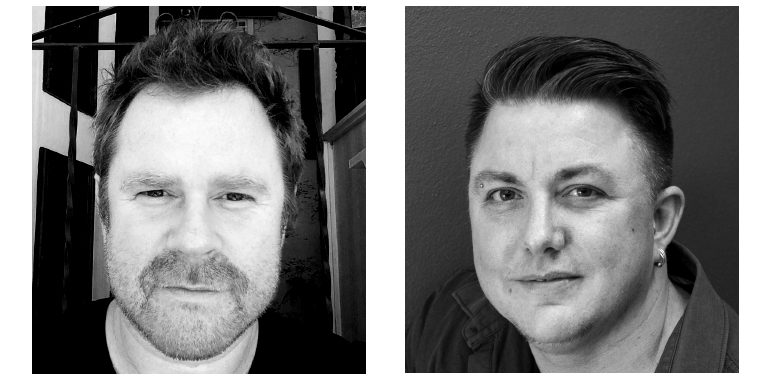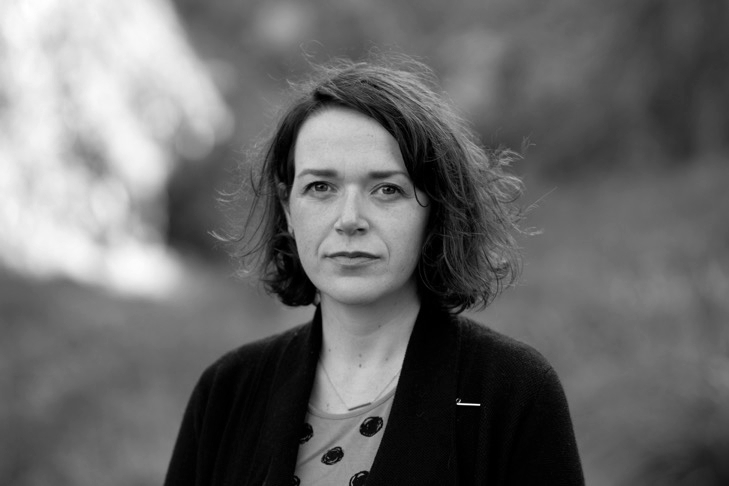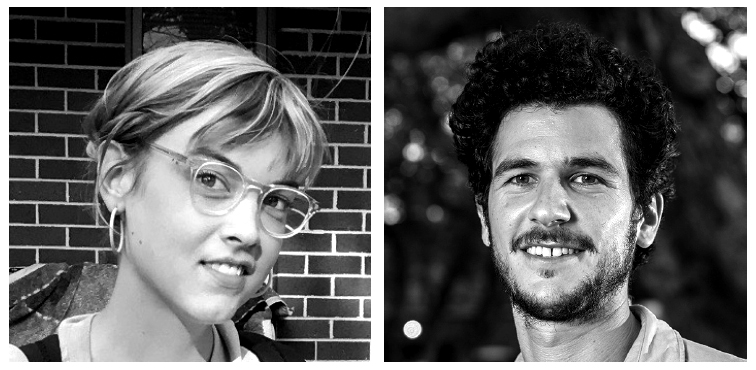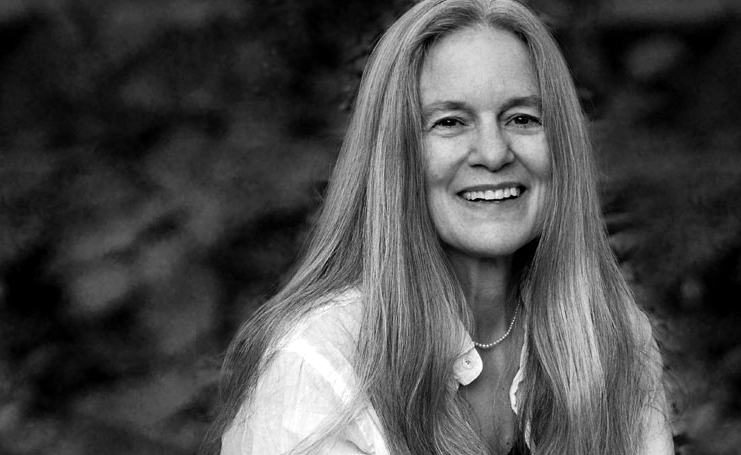ESSAYS
Phantasmagorically Noh: The Blindness and Rage of Brian Castro Deconstructed
‘write prose and cut your margins,’ a friend and editor advised — Brian Castro (22) Blindness The blindness presented here is metaphorical, if not phantasmagorical, for Castro calls his verse novel a ‘Phantasmagoria […] in thirty-four cantos’. For me, actual …
Mosaically Speaking: Pieces of Lionel Fogarty’s Poetics
As the Hong Kong riots reach their sixth consecutive week, I’m emailing a friend at Hong Kong University who writes about liberty and subjection.
NO THEME VIII Editorial
Nothing makes me feel my fallibility more than editing a literary journal, marking papers or judging a literary competition. I can be wrong. I can be unclear. I can miss things.
Shipwrecks in Modern European Painting and Poetry: Radical Mobilisation of the Motif as Political Protest
Shipwreck is also the synecdoche of all that shadows imperial expansion – navigational misadventure, piracy, cyclonic assault – tracking like sharks on the blood trail imperialism’s would-be glamorous advance.
Residence: Dwelling with The Shards (an essay)
When S. and I started to talk, the directions were endless, and sympathetic. What passed between us, over coffee and chai, in emails, in text messages, were the names of authors, books, artists.
MONSTER Editorial
I’m writing this after news that W S Merwin has died. His Selected Poems still sits on my bedside table, never far away in case of a spare moment.
Poetry, Whatsoever: Blake, Blau DuPlessis, and an Expansive Definition of the Poem
William Blake pinches himself. Yes! He is alive, not in heaven or hell for all eternity, but on earth, for just as long as I need him for the purposes of this essay. In the almost two hundred years since William Blake died many things have changed.
On Being Sanguine: Two Years of Panic and a Response to Terror in Christchurch
One Sunday, when I was an art student in London, I got on my bicycle and left my parents’ vicarage in Surrey for my room in Murray Mews, going along the River Thames and through London’s parks: Bushy Park, Richmond Park, Hyde Park and Regents Park.
A Deaf Rough Trade: Defending Poetry to ‘regular people’
The poem is from page 37 of Michael Farrell’s latest collection, I Love Poetry. The poem on page 37 has no title, so I will refer to it from here on out as ‘37’. Not only is 37 untitled, but it is also without words.
Chorography and Toute-eau in the Waters of Lower Murray Country
The first line of this fragment by poet Edward Kamau Brathwaite opens philosopher Édouard Glissant’s Poetics of Relation. ‘The unity is submarine’.
Aussi / Or: Un Coup de dés and Mistranslation in the Antipodes
‘Shipwrecked on the shoals of contingency’, Australian poetry is haunted by Stéphane Mallarmé’s poem Un Coup de Dés. Its publication in Cosmopolis in Paris in 1897 struck a nerve or, rather, a vessel within Australian poetry bloodlines,
Editorial to AFRO AUSTRALIAN
I can’t think I am living large if the home we live in is a mess while my own room is spotless. I want a beautiful mansion for all of us. Yes, I realise this is not a seamless nor an especially artful allegory.
To Outlive a Home: Poetics of a Crumbling Domestic
While these pre-federation tropes of settler colonial Australia’s multifaceted and at times contradictory pastoral modes seem to recognise something of their incompatibility with Aboriginal land, they seek their resolution from burial, rather than reciprocal encounter with Aboriginal presence.
DOMESTIC Editorial
I invited you to lean into this DOMESTIC sphere in all its homely undoing; to rupture the masquerading shape of cosy bliss; to plant seeds and haunt with your words; to unsettle and shape what survival looks and feels like – and you did.
The Wild Workshop: The Ghost of a Brontëan Childhood in the Life of Dorothy Hewett
An indelible part of the Brontë mythology is their symbiotic development as young artists in an isolated environment.
To Live There: on ‘Dispatch from the Future Fish’
Dispatch from the Future Fish is a visual poem that is deliberately referential, opening up conversations and foregrounding the notion of writing into certain traditions: those that are given to us and those that we choose.
Externalising the Symptom: Radicalised Youth and The Membrane
I was radicalised in my youth. I came back from a year in Paris in ’68-69 with my parents, and went to Monash University, a ‘radical’ campus when it was new. I was not a leader; I was still too young for that, but being radical was a trend.
On Deep Breaths and Friends Forever: Im/materiality and Mis/communication in Happy Angels Revisited
Taking cues from the Call and Response, an interactive polyvocal model used in antiphonal music traditions such as gospels, hymns, and sea shanties, where audiences respond to the ‘call(s)’ of a speaker, Happy Angels Revisited pursues a modality of swaying.
Letter to Anne Carson: Work of Remembrance and Mourning
‘I came to think of translating,’ you write in Nox ‘… as a room, not exactly an unknown room, where one gropes for the light switch.’ I read your words and imagine you standing in a dark room, your hand thrust forward for a handshake with Catullus’s Poem 101.
The Kindness of Strangers: On New Zealand’s Literary Journals
If I had to pick one word to describe the current landscape of New Zealand literary journals, it would be ‘wild’. Practitioners are free to form their own outlets where they see gaps they would like to be filled and this makes for an exciting, vibrant time.
DIFFICULT Editorial
When people say ‘difficult’ and ‘poetry’ in the same sentence they are usually referring to the experience of reading a certain type of poem.

